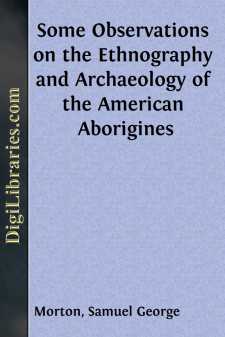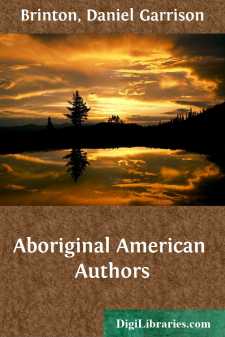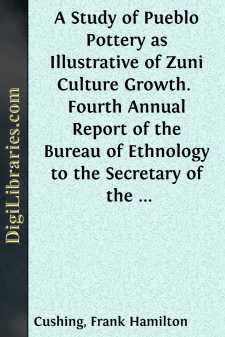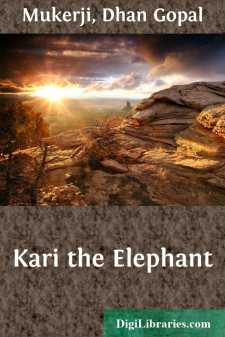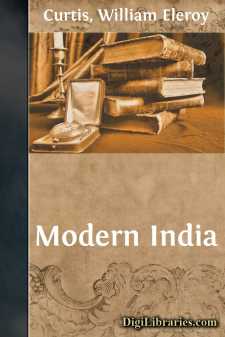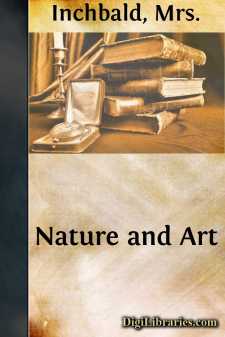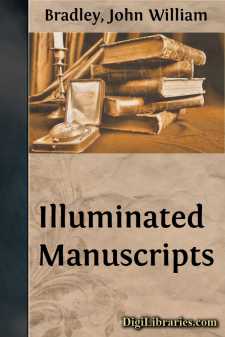Non-Classifiable
- Non-Classifiable 1768
Non-Classifiable Books
Sort by:
Nothing in the progress of human knowledge is more remarkable than the recent discoveries in American archæology, whether we regard them as monuments of art or as contributions to science. The names of Stephens and Norman will ever stand preëminent for their extraordinary revelations in Mexico and Yucatan; which, added to those previously made by Del Rio, Humboldt, Waldeck and D’Orbigny in these...
more...
Introductory. When even a quite intelligent person hears about "Aboriginal American Literature," he is very excusable for asking: What is meant by the term? Where is this literature? In fine, Is there any such thing? To answer such inquiries, I propose to treat, with as much brevity as practicable, of the literary efforts of the aborigines of this continent, a chapter in the general History of...
more...
HABITATIONS AFFECTED BY ENVIRONMENT. It is conceded that the peculiarities of a culture-status are due chiefly to the necessities encountered during its development. In this sense the Pueblo phase of life was, like the Egyptian, the product of a desert environment. Given that a tribe or stock of people is weak, they will be encroached upon by neighboring stronger tribes, and driven to new surroundings...
more...
by:
William Biggs
—— In the year 1788, March 28th, I was going from Bellfontain to Cahokia, in company with a young man named John Vallis, from the State of Maryland; he was born and raised near Baltimore. About 7 o'clock in the morning I heard two guns fired; by the report I thought they were to the right; I thought they were white men hunting; both shot at the same time. I looked but could not see any...
more...
BRINGING UP KARI ari, the elephant, was five months old when he was given to me to take care of. I was nine years old and I could reach his back if I stood on tiptoe. He seemed to remain that high for nearly two years. Perhaps we grew together; that is probably why I never found out just how tall he was. He lived in a pavilion, under a thatched roof which rested on thick tree stumps so that it could...
more...
I THE EYE OF INDIA A voyage to India nowadays is a continuous social event. The passengers compose a house party, being guests of the Steamship company for the time. The decks of the steamer are like broad verandas and are covered with comfortable chairs, in which the owners lounge about all day. Some of the more industrious women knit and embroider, and I saw one good mother with a basket full of...
more...
by:
John Morley
I ON PRESENTING THE INDIAN BUDGET (HOUSE OF COMMONS. JUNE 6, 1907) I am afraid I shall have to ask the House for rather a large draft upon its indulgence. The Indian Secretary is like the aloe, that blooms once in 100 years: he only troubles the House with speeches of his own once in twelve months. There are several topics which the House will expect me to say something about, and of these are two or...
more...
by:
Mrs. Inchbald
INTRODUCTION Elizabeth Simpson was born on the 15th of October, 1753, one of the eight children of a poor farmer, at Standingfield, near Bury St. Edmunds. Five of the children were girls, who were all gifted with personal beauty. The family was Roman Catholic. The mother had a delight in visits to the Bury Theatre, and took, when she could, her children to the play. One of her sons became an...
more...
Demographic techniques used to create prevalence estimates Estimates of the prevalence of ever having gone to prison were derived from generation life table techniques. The prevalence of ever having gone to prison includes adults currently in prison and living former prisoners. One-day counts of the number of adults in prison are available through the National Prisoner Statistics program (NPS)....
more...
CHAPTER I INTRODUCTORY What is meant by art?—The art faculty—How artists may be compared—The aim of illumination—Distinction between illumination and miniature—Definition of illumination—The first miniature painter—Origin of the term “miniature”—Ovid's allusion to his little book. The desire for decoration is probably as old as the human race. Nature, of course, is the source...
more...


